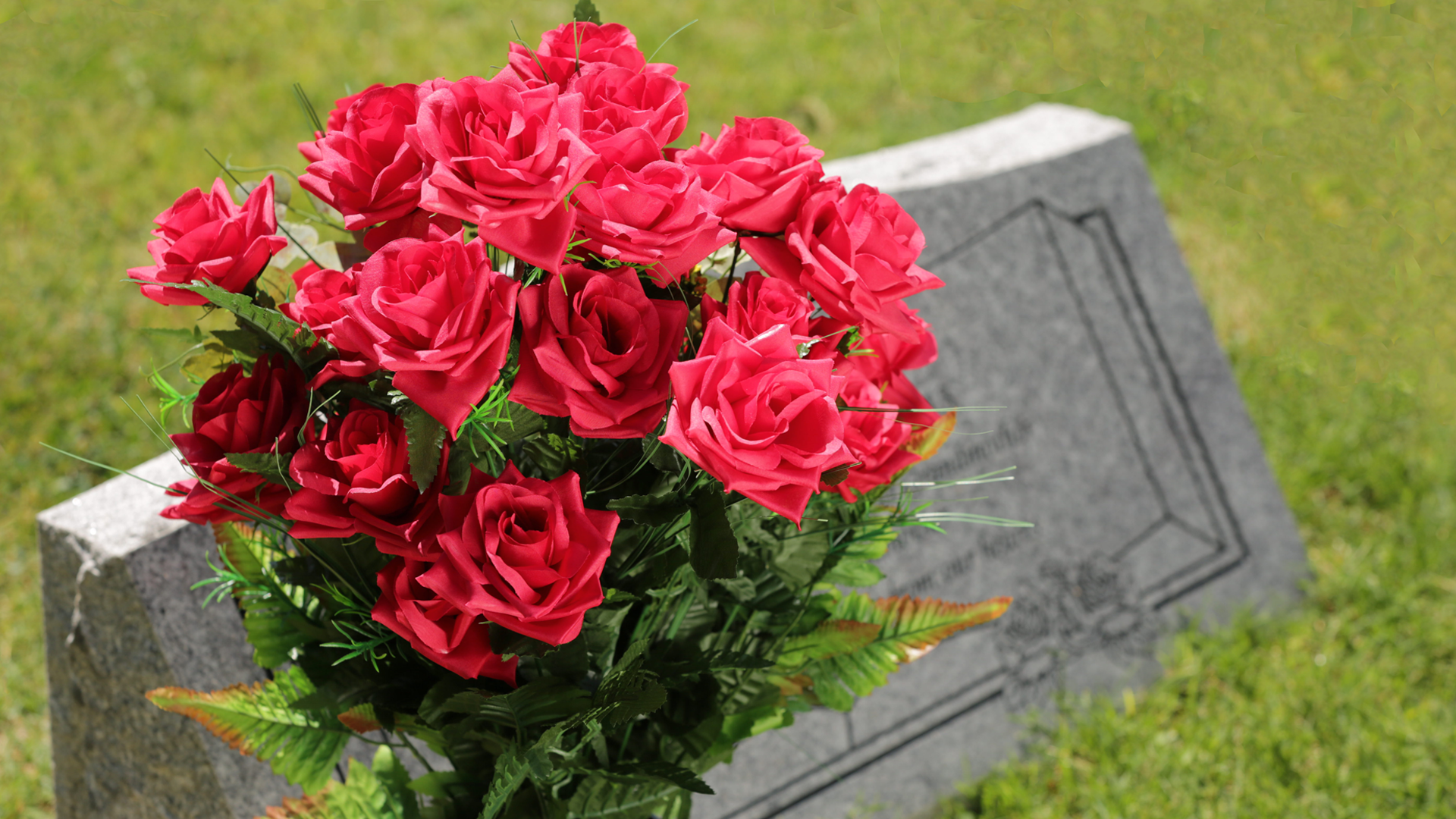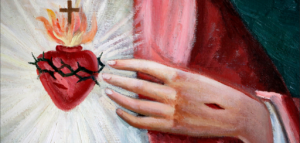
PRAYING FOR HOLY SOULS

Even as a young child, I thought it wonderful to believe that the people who had died before me were still with us, and we with them. I grew up offering all my tribulations for suffering souls in purgatory. I wasn’t entirely sure how eating cold mashed potatoes and having a favourite toy car broken by a schoolmate was going to help dead people get to heaven. I did realize it would probably help me be a better child and maybe help me get there. I liked laying in bed with my great-grandmother at night where we would say the rosary and then list all the dead relatives and friends who needed our prayers. Though I could not have articulated it as a five-year-old, I felt connected to a community larger than myself and I felt like I was doing important work in that community with my small remembrances.
Today, a few years and theology degrees later, I still find there to be something deeply meaningful about the way we Catholics remember our dead. This year, it has a special significance to me. Since last year’s celebration, both my parents as well as a few dear friends, have joined the community of the faithful departed. Their names number among those I list in prayers for the holy souls.
The concept of Purgatory resonates with me as a way to understand God as both merciful and just. I have met some living saints in my time. If they aren’t already in heaven, God is not merciful. Nor is there much hope for me. I have also encountered some very selfish, cruel and abusive people. If there isn’t some sort of comeuppance at the end of their life, God is not just. I grew up in Kingston and as a university student, I volunteered in one of the prisons. There I met people who had certainly acted in ways that we might deem sinful. But in each of them, there was also love and goodness. I saw no one, that met the theological criteria for hell: to reject God not only with words but with a fundamental and all-encompassing life choice to reject love, truth and goodness.
So, what happens to all of us who are somewhere in between the St. Mother Theresas of the world and the guys I met in prison. Purgatory provides a credible way to imagine a God who meets us with both mercy and justice at the end of our lives. As we face God with who we are – with full knowledge of ourselves – we are either delighted or distressed with what we see. This delight or distress is commensurate to the good or harm we have caused in our lives. It is pūrgātōrius – meaning purifying or cleansing.
But even in this some-where-between-state we are not alone. Even across the chasm of death, we are bound together as children of God in service and love. Our prayers for one another still matter.
Eternal rest grant unto them O Lord and let perpetual light shine upon them. May their souls and the souls of all the faithful departed, through the mercy of God, rest in peace. Amen.
Christine Way Skinner has been a pastoral minister for thirty years and has recently begun a doctoral program in theology at St. Michael’s College. Together with her husband, Michael, she has parented six wonderful children. She has written a number of books for Novalis on living the Catholic faith for both adults and children.

